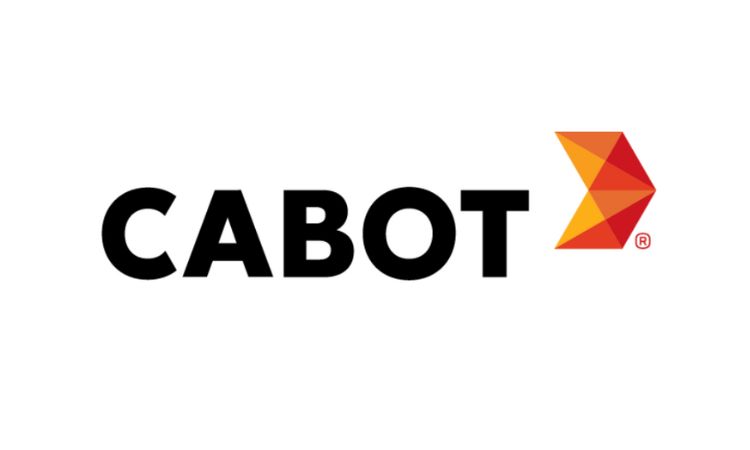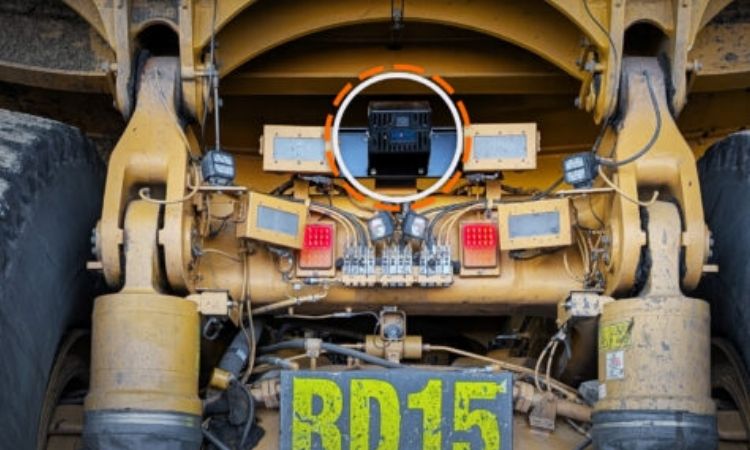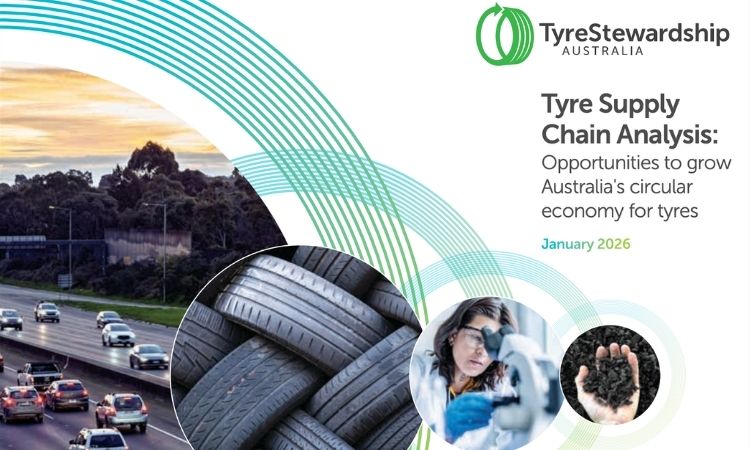BIR Dubai 2022 summary: Gulf States boost tyre recycling
Faced with millions of end-of-life tyres in landfill or openly dumped, the Gulf States are developing individual strategies to deal with the waste stream including a growing interest in pyrolysis…
The meeting was kicked off by Committee Chairman Max Craipeau of Greencore Resources in China who wondered if “there’s ever been a better time” for tyre recycling. Investors were taking a much closer interest in the sector, especially because of the increasing concern from customers for greater sustainability. “Circularity is finally a reality for the tyre and rubber industry,” he said, referring to chemical recycling such as pyrolysis. “We have always been the poor relative in the recycling industry – because for a long time there was no circularity, as with metals which can be recycled infinitely. “Materials that weren’t necessarily sustainable from a chemical recycling point of view are becoming more and more sustainable thanks to growing demand.”
Pyrolysis is reuse
Robert Weibold, Founder and Managing Director of Robert Weibold GmbH in Austria, told the meeting that annual arisings of end-of-life tyres (ELTs) in the Gulf totalled 880,000 tonnes with Saudi Arabia accounting for 65% followed by the UAE on 19%. "The UAE is the largest exporter of ELTs at 59,000, some 40% of its arisings. Kuwait’s Al Salmi site had an estimated 850,000 tonnes stockpiled," Mr. Weibold said. "The traditional products possible from ELTs were artificial turf, moulded plastic objects and playgrounds". But he suggested these current end uses alone were not generally viable in the longer term due to relatively small local demand.
He believed pyrolysis – chemical recycling - was a breakthrough answer to waste tyres, arguing the technology was reuse rather than recycling because the tyres were broken down into molecular components to be reused into new products. Tyre giants like Michelin, with its BlackCycle value chain project, Continental and Bridgestone were looking to scale up the use of these renewable sources of raw materials in their tyre products.
Mr. Weibold said there was growing pressure from the general public and regulators in Europe, the US and Asia for greener and more circular secondary products, prompting carmakers to put pressure on their parts suppliers for higher recycling content. At the conclusion, Mr. Craipeau agreed “it was a good situation that “materials not sustainable in the past were becoming sustainable because of growing demand”.
Changing times for tyres in the Gulf
Three presentations from representatives in the region underlined progress with ELTs. The first was delivered online by Khaled Jamal Chaaroui, General Manager of EPSCO Global General Trading in Kuwait. He described how his company began recovering tyres from the Al Salmi landfill site in 2016 before shredding and transporting them. Seven million tyres were processed in the first six months, he said, and the site was cleared by the end of 2021. Fifty million tyres are now stored at Salmi. In 2018 construction started on a tyre recycling plant with operations getting underway in 2020 to produce crumbs, granules, powder, steel scrap and fibre waste. Mr Chaaroui said educating the public and businesses about ELTs was a major challenge as was the availability of electricity for only 8-10 hours each day. A new sub-station was to be built, he said.
Saudi Arabia solutions
The second presentation came from Abdullah Ahmed Alqurashi, Director of Business Development, Global Environmental Management Services (GEMS) in Saudi Arabia who drew a stark picture within the Kingdom.
Every year, Saudis generate 572,000 tonnes of end-of-life tyres: 58% from personal vehicles, 15% from light commercial vehicles and 27% from heavy duty vehicles. Most tyres go to landfill or are being dumped. The total is expected to reach two million tonnes by 2050.
“There’s a lack of regulations in SA to have a proper ecosystem for recycling tyre waste,” Mr. Alqurashi added. “GEMS’ role is improving the collection and supporting the market with centralised collection hubs and sorting stations. To have a fully fleshed solution, we are improving mechanical shredding and investing in pyrolysis plants across the Kingdom.”
UAE challenge
The UAE faces similar challenges. Five serious projects have been recorded in the past 15 years, whereof two are now in operation. One of them is The Gulf Rubber Company, which is operating a 24,000 tons/year tire recycling plant for granulates, molded goods and devulcanized rubber. A pyrolysis project has been proposed but has yet to be established. Plant manager Zaid Bdour used his presentation to show “before and after” photos from Google Earth of a landfill site in the past decade highlighting the comprehensive removal of millions of tyres. He said mechanical recycling made business sense because the value of stored tyres was around US$ 70 per tonne, granules were worth US$ 325 per tonne and moulded products around US$ 870. Mr. Bdour said major challenges in the UAE were the volatility of used tyre prices because of lucrative exports to Pakistan and India and “fierce” competition with imported tyre products subsidised by the country of origin.
Mr. Craipeau said a lack of time prevented further discussion or questions but he was impressed with what he had heard from all four presentations and thanked the speakers.
Weibold is an international consulting company specializing exclusively in end-of-life tire recycling and pyrolysis. Since 1999, we have helped companies grow and build profitable businesses.









